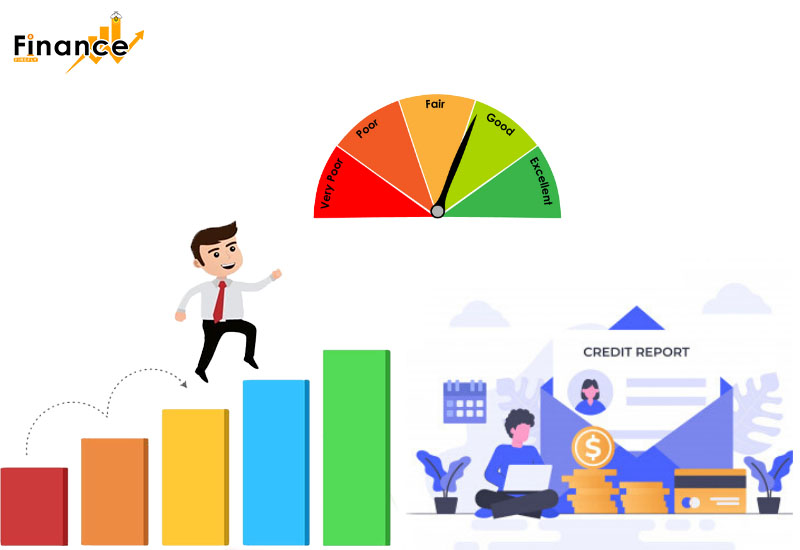The credit score is the main indicator of your creditworthiness. If you are buried in debt and consider to take a loan from a credible creditor and lender then a low credit score might be trouble for you. As the creditor won’t know you personally and all they have to do is to check the previous payment history. Therefore if you have a low credit score, you can consider the tips to improve your credit score.
FICO is regarded as the most commonly used credit score. The FICO credit score usually falls in the range of 300-850 which is entirely based on your credit history. The credit score that is generally above the limit of 750 is regarded as excellent while a score below 550 is considered as poor credit.
If you want to focus on your credit score, there are various tips and strategies to improve your credit score. By implementing the strategies you can leverage the credit card benefits that include low-interest rate, easy access to loaning only if you can improve your credit score with the passage of time.
Table of Contents
10 Tips to Improve Your Credit Score
Although there are no quick fixes to improve your credit score. However, you can increase the credit score over time by consistently managing your credit.
1. Strategically pay your credit card balances
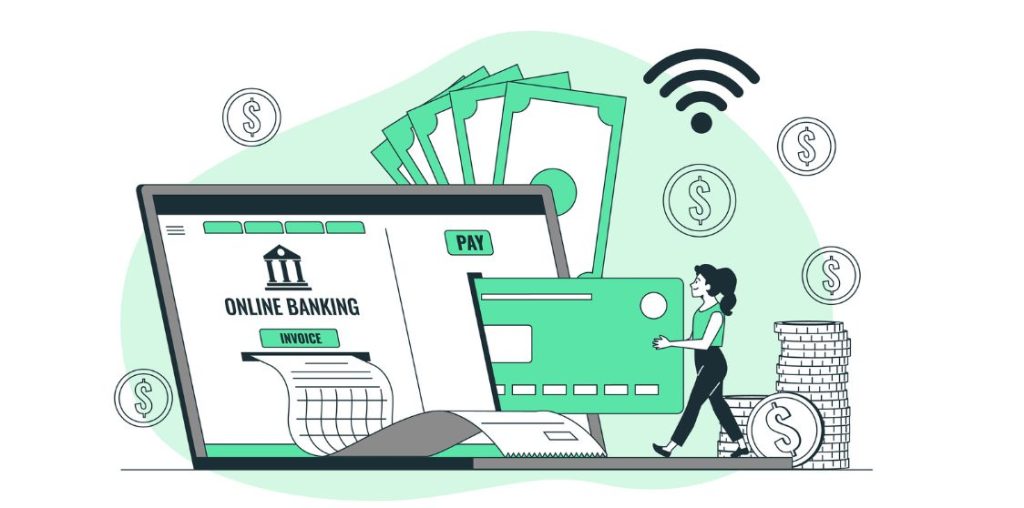
Credit utilization is one of the integral factors to improve your credit score. It is generally recommended to use 30% of your limit on the card, but if you can further lower it, it can be better for you. Individuals who have great credit scores have credit utilization either in single digits or double digits. By tracking your credit utilization, you can effectively improve your credit score.
Three ways to keep credit utilization below 30%
- Only pay from a credit card for essential purchases like gas, and groceries that can earn you greater rewards and bonuses
- Try to split your purchases among the multiple credit cards
- For a single purchase, make additional payments during the billing cycle
If your credit bureaus are constantly poking you for your low credit score, a simple way to get rid of the problem is to pay down the balance before the billing cycle ends. If you have a problem to pay in one- go, you can pay in small portions during a month to keep your balance low.
In brief, as early as the creditor reports the lower balance to the credit bureaus, the better it’s for you to improve your credit score. Also paying the balance on time is one of the most influential factors to improve your credit score.
2. Make on-time bill payments
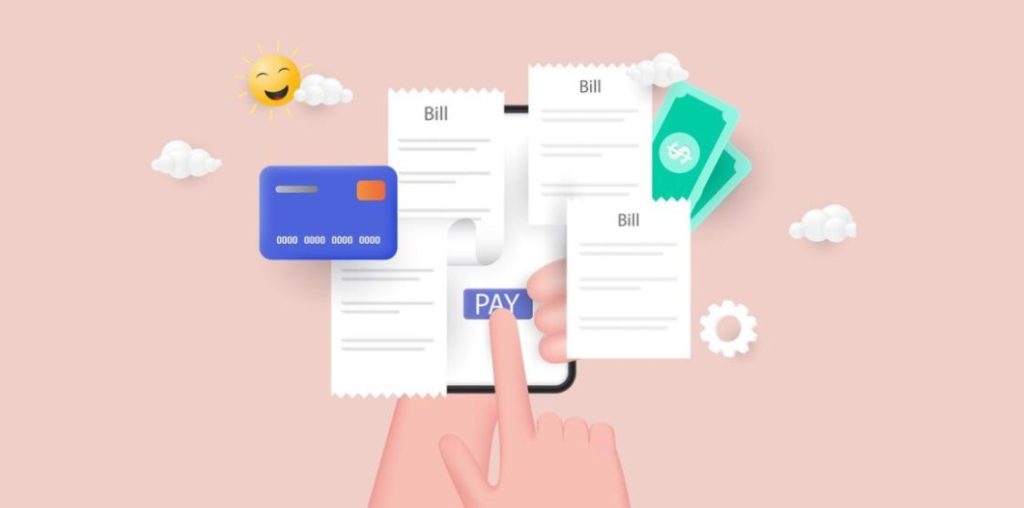
This is one of the best ways to improve your credit score by making monthly payments on time. As payment history is one of the first things reviewed by credit bureaus when determining the credit score. This factor accounts for 35% of your credit score.
Payments that are delayed even for a shorter period can have a negative impact on the credit score. If you have the habit of forgetting stuff, you can set reminders for the due dates of bills. One way to do this is to setting up reminders using the applications or simply jotting it down on your daily diary. But the most viable approach is to set up auto-pay on your accounts .
3. Pay more than the minimum amount

If you pay more than what you owe each month than you can reap multiple benefits that include reducing the debt load and helping you to pay off balance in a quick and efficient manner. If you have more than 1 debt balance to pay, you can use the strategic approach to balance it out. In such case, try to make one substantial payment on 1 account while making minimum monthly payments on other to reduce one balance at a time.
So if you make strategic moves and fully pay of balance for one card, you can get rid of debt faster. Once you fully pay off debt from multiple account , you can potentially improve your credit score .
Best ways to consolidate credit card debt
When in doubt, you can read the effective strategies to pay off debt in an effective manner. Whether you want to refinance with a balance transfer card or personal loan, you can check out the pros and cons of each method.
4. Request an increase in the Credit limit
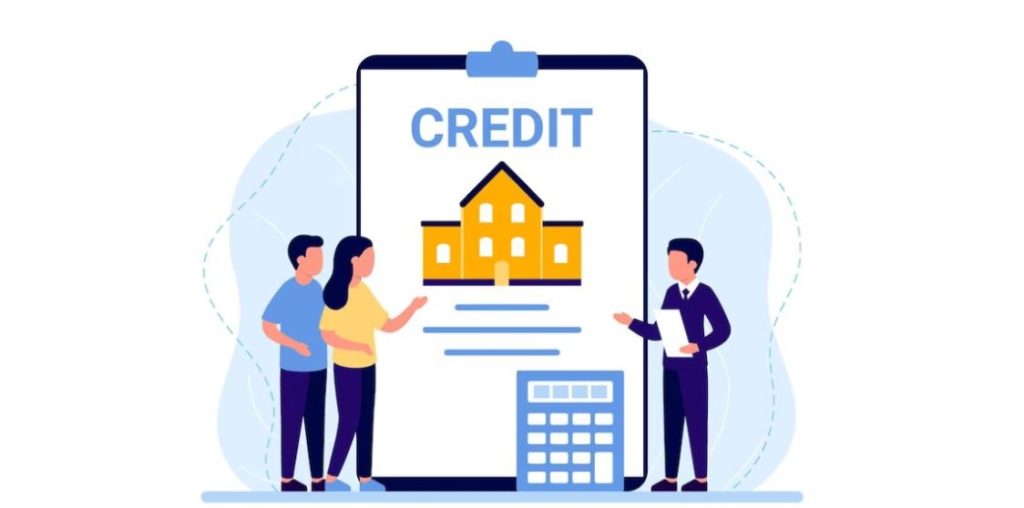
It is often recommended to request for an increase to the credit limit. When your current balance stays the same and the credit limit goes up then it instantly lowers the credit utilization and improves your credit score. Each credit card company offers a different pathway but generally, the process is quick and efficient. For the ease of users, most of the creditors let you increase the credit limit online.
When you are applying for this, make sure that you won’t be applying for the credit limit increase on the new card. Moreover, when you request an increase, it is important to ensure that it won’t require the hard inquiry of your credit report. If the increase you demand is relatively small, then the company is more eager to accept it. You can request an increase after the duration of 6 months.
5. Become the authorized user
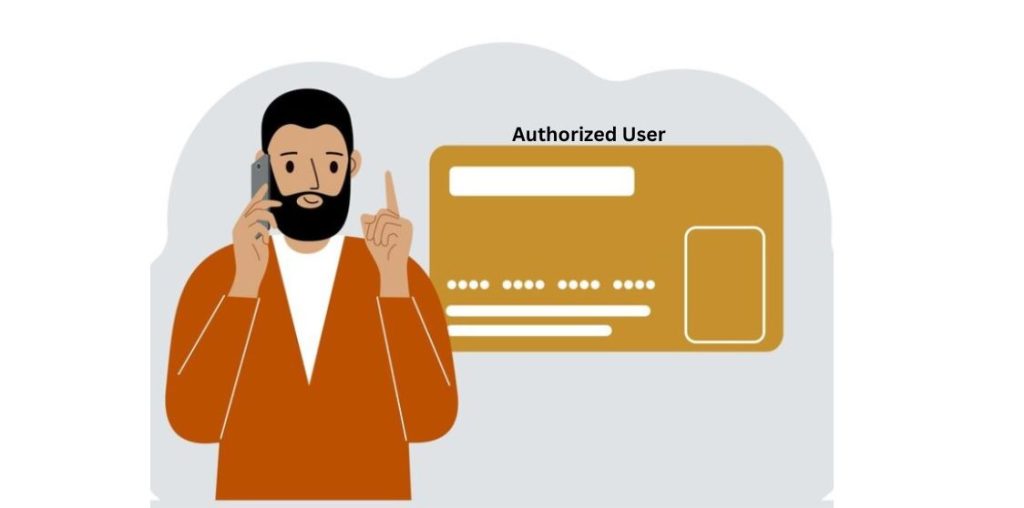
If you have a trustworthy friend who possesses a credit card account with high credit limit and make on time monthly payments, request him to add you as an authorized user. This way the account will also be added to your credit report and this approach is also referred as credit piggybacking. Through this you cannot directly improve you credit score but can benefit from the other user’s positive payment history.
It is important to make sure the user end reports to the three credible bureaus (TransUnion, Equifax and Experian ) to get the best effect. This technique is particularly helpful in the case for the fresher with a thin credit file. If you are student who wants to opt for the loaning scheme , the authorized user account can benefit you to a greater extent.
6. Try to fix credit report errors
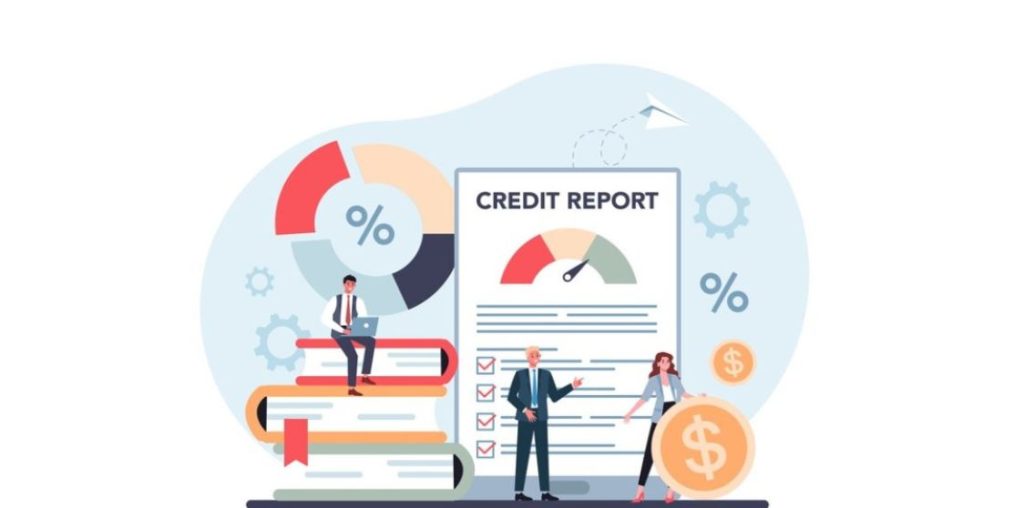
As machines are also instructed by humans, so there are chances of errors. Banks can sometime make reporting errors that can potentially affect your credit score. Instead of trusting blindly on the creditors , make sure to keep a regular check on the report.
As reviewing the credit report is completely free of cost and only takes few minutes, so review it periodically. If you find an error, you have to file a dispute with the credit bureau. No error is too small or big to dispute as it can help you improve your credit score in long run.
7. Reduce your Debt to Income Ratio
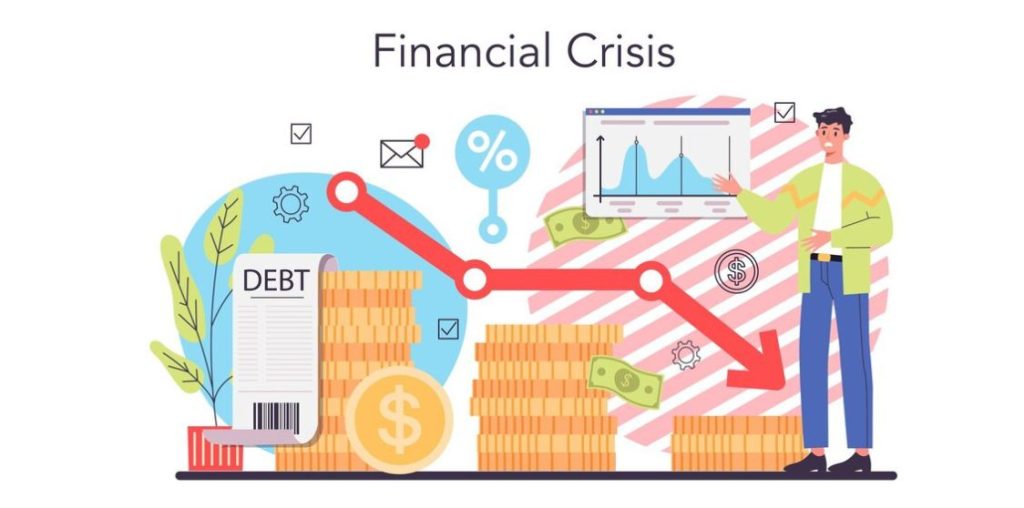
Debt to income ratio is the personal finance indicator to make a comparison between the monthly debt payment and the overall income. This approach is also used by lenders to know your ability to repay debt with your monthly income. DTI is determined by dividing the monthly loan ( that includes auto loan , mortgage, personal loans , credit cards) by your present monthly income.
Low debt-to-income ratio means that you manage your finances quite well and strike a good balance between the amount of debt you carry and the income you earn. On the other hand, high debt-to-income ratio is an alarming sign that makes you a higher lending risk with no signs to improve your credit score in the near future.
8. Have various credit accounts

While you should only lend money when it’s necessary, but having multiple credit accounts can demonstrate the ability to manage the credit responsibly. Having the balanced mix of debt is better to improve the credit score than solely a single credit card with multiple debts. As each type of account can benefit your credit score differently. So, you can choose different credit cards for various loans that include the following:
- Mortgage loans
- Bank Credit cards
- Installment loans
- Retail and gas stations
Based on the research by FICO, taking loan from a single lender might be a big risk for you than doing it from several lenders. In this case its preferable to create a good mix of credits. Loans that you can efficiently pay back to the lenders not only improve your credit score but will remain on the credit report for the tenure of 10 years. Moreover in future if you want to take similar loan , the lender can easily trust your its loaning scheme.
9. Make use of the secured credit card
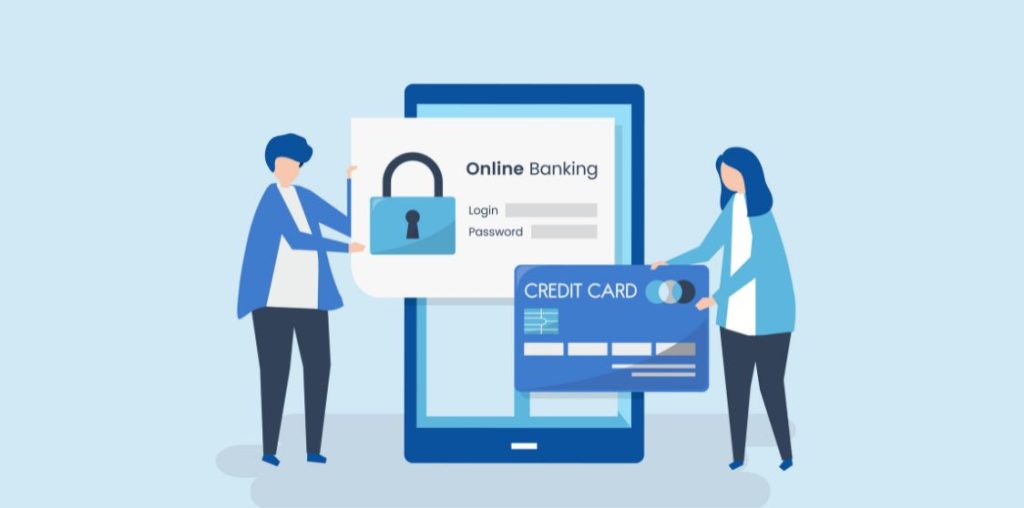
Another appropriate way to build and improve your credit score is through a secured credit card. This sort of credit card is backed through cash deposit. In this case you make upfront payments and the deposit amount is generally the same as your credit limit. Moreover, it can be easily used as a normal credit card to make timely payments.
The impact of this approach varies from person to person but it is beneficial for all those individuals with dented credits. This way you can improve your credit score and build a positive credit history. Moreover, the secured card reports your activity to the major credit bureaus which is beneficial for you in the long run.
10. Get a Credit Builder Loan
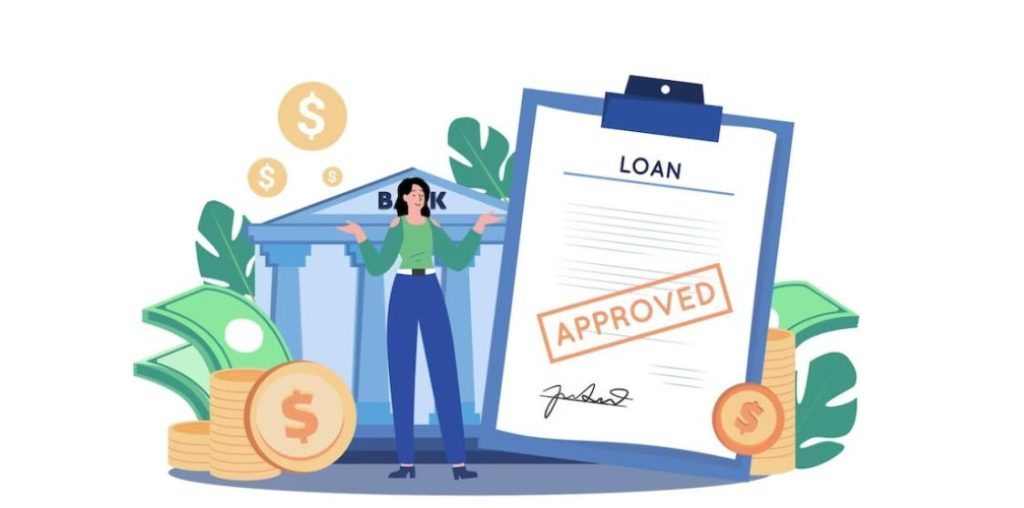
Credit builder loan although not offers a significant credit boost but can improve your credit score in a smaller portion. As you lend money to yourself, you can make easy monthly payments into an interest-charging certificate of deposit (CD) for a duration of 24 months. The lender reports to three credit bureaus about the monthly payment. As soon as the loan terms end, you can receive the CD balance minus the administrative cost.
There are altogether few approaches that can quickly improve your credit score. The rest of them require the attention of users and a specific duration of time to show their overall impact on the credit score.
Frequently Asked Questions
What are the good credit habits to improve your credit score?
To keep your credit score in a good state , you have to take in consideration n the following points :
1. Pay your monthly bills on time
2. Keep a check on the credit score regularly
3. Keep your credit utilization low
4. Apply for the new credit when necessary
What is regarded as a good credit balance?
As per FICO Score, it is generally recommended to keep the credit utilization rate below 30%. So for instance you have a credit limit of $10,000 the total revolving balance should not exceed $3000.


